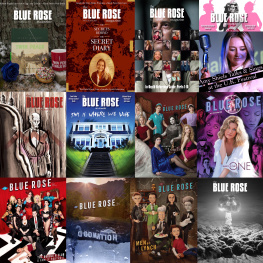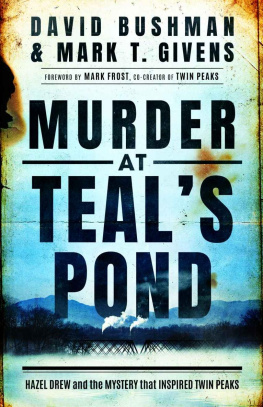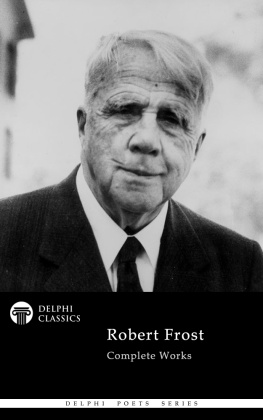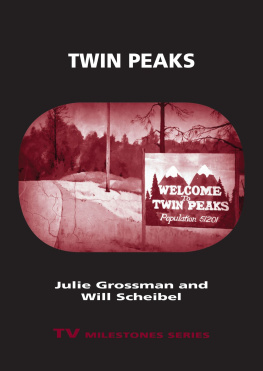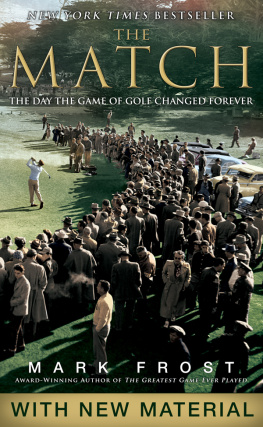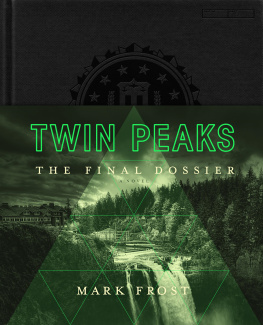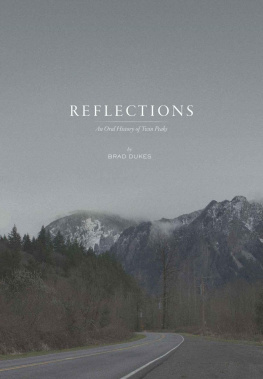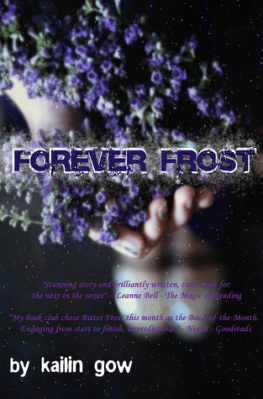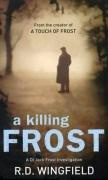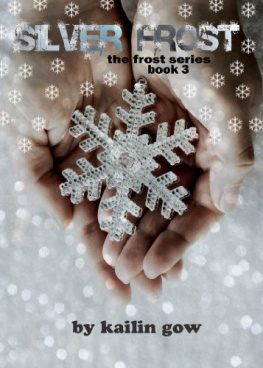Contents
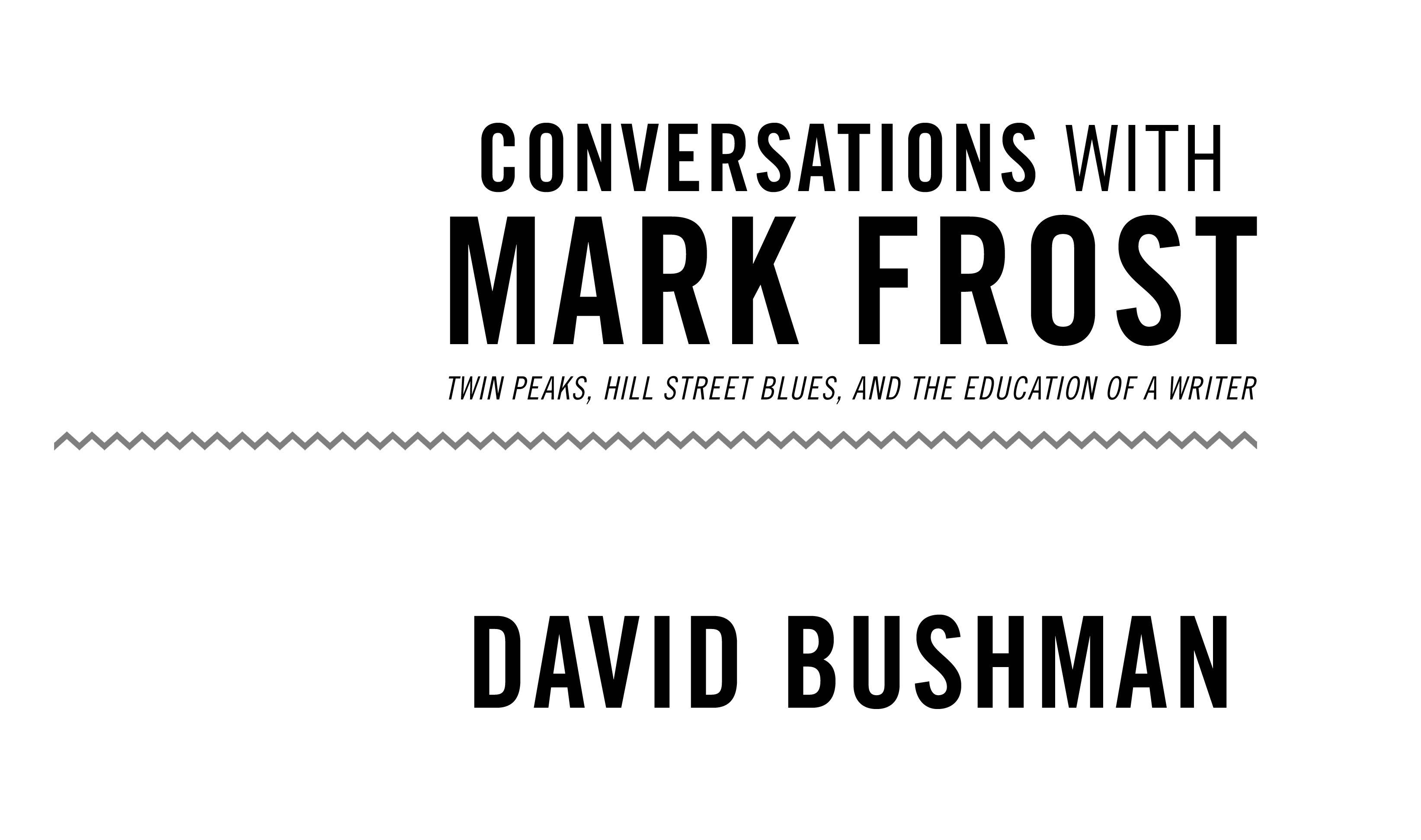
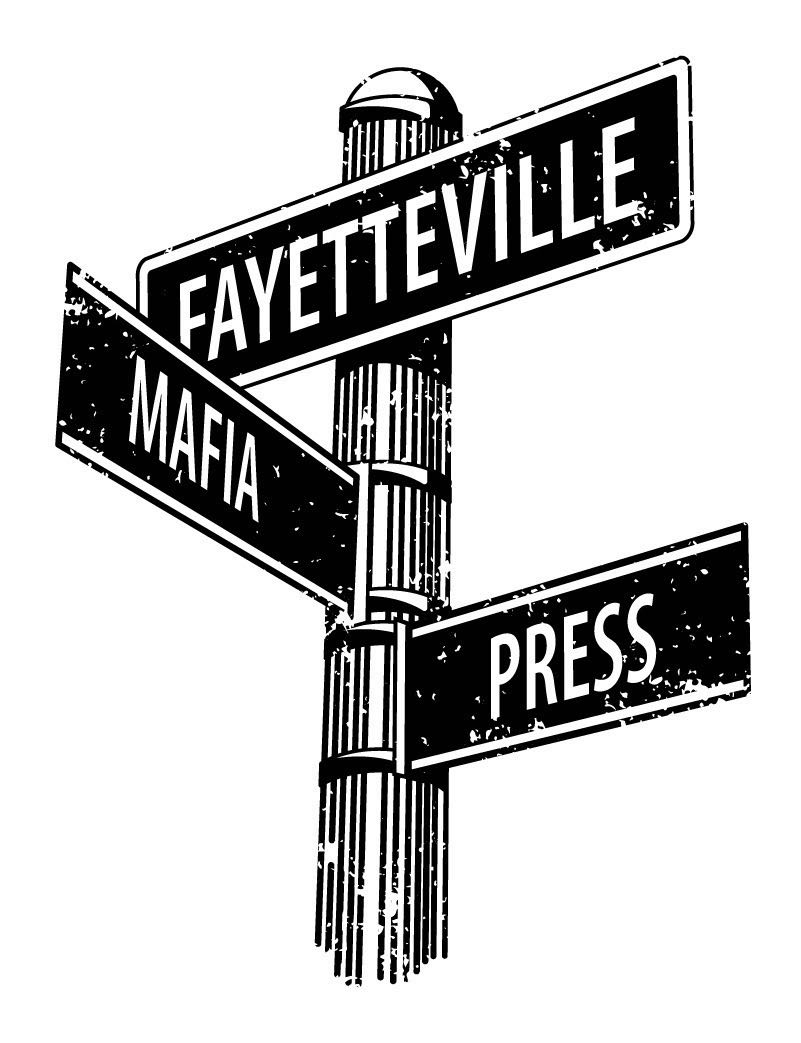
2020 FMP
All Rights Reserved.
Reproduction in whole or in part without the authors permission is strictly forbidden. This book is not affiliated with any movie or television studio. All photos and/or copyrighted material appearing in this book remain the work of its owners.
eBook designed by Scott Ryan
Front design: Blake Morrow
Back cover design: Mark Karis
Mark Frost portraits by Blake Morrow
blakemorrow.ca
Edited by E. J. Kishpaugh
Published in the USA by Fayetteville Mafia Press
in association with Scott Ryan Productions
Columbus, Ohio
Contact Information
Email: fayettevillemafiapress@gmail.com
Website: fayettevillemafiapress.com
ISBN: 9781949024104
eBook ISBN: 9781949024111
All pictures are for editorial use only. Conversations with Mark Frost is a scholarly work of review and commentary only and no attempt is made, or should be inferred, to infringe upon the copyrights or trademarks of any corporation. Photos courtesy of Blake Morrow, Mischa Cronin, Guthrie Theater, ABC, CBS.
Acknowledgments
First and foremost, thanks to Mark Frost, for generously sharing his time and insights. Ive long admired his work; now I have deep, deep respect for his intellect, conscience, and integrity as well.
John Thorne and Christian Hartleben were hugely generous with their insights, expertise, and editorial comments. To my mind, these are perhaps the two greatest experts on the subjects of Twin Peaks, Mark Frost, and David Lynch, and this book would not have been possible without them.
Scott Ryan at The Blue Rose magazine, another Twin Peaks savant, is an exceptional friend and business partner whose guidance and support were of monumental importance to this project, and I cannot thank him enough.
Every Fayetteville Mafia Press book owes gratitude to Janet Cole and Jason Jarnagin, but this one especially. They are great friends and supporters, and it is hard to fail with them in your corner.
Thanks to Blake Morrow for his generosity, professionalism, and artistic vision, and to E. J. Kishpaugh for her relentlessness and expertise. And boundless thanks to Mark Karis for the eleventh-hour rescue (not to mention his typically brilliant work). And speaking of rescues, hat tips to Mischa Cronin, and Marita Albinson and Tosaka Thao from the Guthrie Theater.
Thanks also to Scott Frost for his time and insights, and to John Walsh, a kind and generous man whom I had the great pleasure of meeting and befriending because of his connection to Mark Frost. RIP, John.
The Twin Peaks fan community is extraordinary. I have benefited greatly from their research and encouragement many, many times over the years. Special mention to Pieter Dom, Brad Dukes, Ben Durant, Mark Givens, and Bryon Kozaczka.
Many thanks also to Jane Klain and Maria Pagano of The Paley Center for Media.
As always, deepest thanks to the three most important people in my world: Mariam, Alex, and Scout.
Introduction
Rarelynever?do we hear the phrase Mark Frosts Twin Peaks. And why not? Though he is clearly a master yarn spinner with a sharp intellect, a distinctive sense of humor, an infatuation with mythology and the occult, andabove allprofound empathy and soulfulness, Frost is never credited as the auteur of Twin Peaks. And yet a convincing argument can be made that he is the heart and soul of Twin Peaks, and that without his participation the series never would have resonated so fervidly with the legions of fans who have embraced and obsessed over it.
Hopefully, this book is that argument.
In 2015, when I first sat down to write Twin PeaksFAQ: All Thats Left to Know About a Place Both Wonderful and Strange, I was 99.9 percent certain that David Lynch had been 99.9 percent responsible for the genius of Twin Peaks.
I was wrong.
In my defense, I was wrong because almost everyone on the planet had been telling me that David Lynch was the true genius behind Twin Peaks. Article after article, book after book, podcast after podcast raved about David Lynchs Twin Peaksoften without so much as mentioning the contributions of Mark Frost, who not only had cocreated the series, but also wrote or rewrote nearly every episode and ran the first two seasons of the show on a daily basis.
For example: a recent three-page Sunday Times of London article on Lynch and the impact of Twin Peaks on television declared, Its hard to imagine the delirious plotting of Breaking Bad, the gruesome glee of Dexter or even the harsh realism of The Wire without Lynchs inspired precursor.
Lynchs inspired precursor.
In Television Rewired: The Rise of the Auteur Series, Martha P. Nochimson wrote that David Lynch made his anger with the script [for the season two finale of Twin Peaks, written by Frost, Harley Peyton, and Robert Engels] explicit in our phone conversation on January 18, 2018: I hate it. They dont understand the Red Room at all.
The problem with this assertion is that it assumes Lynch has sole proprietorship of the meaning of the Red Room. Though in fact he did create it (for the European ending to the pilot), Frost, Peyton, and Engels bore responsibility for nurturing it over the course of two seasons, plus constructing an entire mythology around itone that would accommodate, or even drive, the narrativewhenever Lynch wasnt around.
Which was often. Lynch popped in and out of the original serieshe was barely present at all for season one (instead, he was off making Wild at Heart); during season two he appeared in five episodes as FBI Regional Bureau Chief Gordon Cole (he had supplied Coles voice in two episodes of season one, but didnt appear on screen until season two). All told Lynch directed six episodes of the original series, including the two most celebratedthe pilot and the series finale. He famously threw out chunks of the finales script and improvised what many peoplecritics, scholars, fans, and Mark Frost himselfconsider perhaps the most thrilling (if perhaps inscrutable) series ending of all time.
In fact, Frostinspired by his interest in spirituality and the occultdevised much of the intricate mythology of Twin Peaks with the assistance of Peyton and Engels, often by finding ways to integrate Lynchs largely visceral, narratively underdeveloped concepts into a cohesive and coherent story (well, mostly, anyway). After all, Frost is above all a storyteller.
Of course, David Lynch is a brilliant artist. Many of the most enduring and disquieting images associated with the first two seasons of Twin Peaksthe dancing dwarf, the Red Room, the evil spirit Bob, the One-Armed Man, the Chalfonts/Tremondsare products of Lynchs contorted (and I mean that in the nicest way possible) imagination.
But the original Twin Peaks is far more than a compilation of those iconic moments. So much of the shows allure derives not from the recesses of our unconscious, but from the heart: Think about it. Harry S. Truman resolutely waits for Dale Cooper to emerge from the Black Lodge. The tortured love of Norma Jennings and Ed Hurley. Cooper and Hawk ponder the afterlife, then escort a devastated Leland Palmer off the Great Northern dance floor. Major Briggs shares the details of a dream with Bobby over a slab of pie. Doc Hayward tells Donna how lucky he is to be her father.

